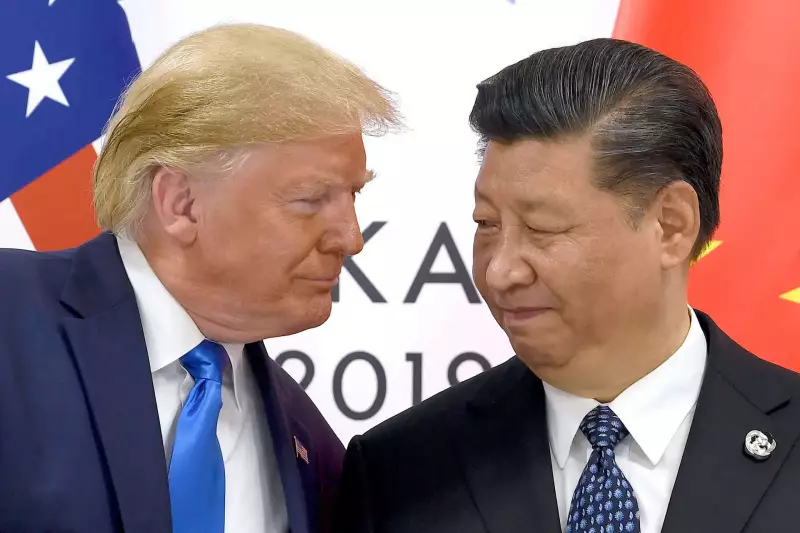
The Trump administration has taken a significant step toward easing trade tensions with China by postponing a major export control regulation that targeted Chinese technology companies. This move represents one of the key concessions made under the recent trade truce between the world's two largest economies.
One-Year Suspension of Affiliates Rule
According to official documents published in the Federal Register this week, the controversial "affiliates rule" has been suspended for exactly one year. This regulation was initially introduced in late September with the specific purpose of restricting shipments to companies that are majority-owned by entities on the US blacklist.
The decision to delay implementation comes directly from the October meeting between President Donald Trump and Chinese President Xi Jinping, where both leaders committed to reducing trade tensions that have been affecting global markets. The rule was specifically designed to prevent sanctioned Chinese companies, including Huawei Technologies, from using their subsidiaries to access restricted American technology.
Immediate Impact on Trade Relations
When the US initially implemented the affiliates rule, Beijing reacted strongly, describing the move as "extremely egregious" and responding with its own export controls on rare-earth minerals. These minerals are crucial components in global manufacturing across multiple industries, making China's retaliation a significant threat to international supply chains.
As part of the recent truce agreement, the United States agreed to pause the affiliates rule for 12 months, while China simultaneously committed to delaying the expansion of its rare-earth export restrictions for the same period. This mutual concession has provided temporary relief to businesses that depend on these critical supply chains.
Business Community Welcomes Relief
American technology exporters have expressed relief at the temporary suspension of the controversial rule. The Commerce Department's Bureau of Industry and Security (BIS), which oversees export controls, confirmed that the one-year pause will save companies from having to file approximately 245 additional license applications over the next year.
Many technology firms had warned that enforcing the affiliates rule would have required expensive overhauls of their compliance systems, creating substantial financial burdens during already challenging economic times. The temporary suspension gives businesses breathing room to adjust their operations without immediate regulatory pressure.
The rule's impact had already begun affecting international markets before the suspension. In September, Dutch officials attempted to assert control over Nexperia, a Netherlands-based chipmaker majority-owned by Wingtech Technology Co., one of the Chinese entities facing US sanctions. This dispute led Beijing to block chip exports from Nexperia's Chinese plants, further escalating tensions before the recent truce.
Future Implications and Next Steps
The Bureau of Industry and Security announced that a "second phase" of the affiliates rule is scheduled to take effect once the delay period ends in November 2026. The agency emphasized that it will continue reviewing national security and foreign policy implications related to subsidiaries of restricted entities, indicating that tensions could resurface next year if no further agreement is reached between the two nations.
Supporters of the measure argue that it remains essential for closing loopholes that allow blacklisted companies to evade export bans by creating new corporate affiliates. They also note that the rule would align Commerce Department enforcement with the Treasury Department's approach to financial sanctions, creating more consistent policy across government agencies.
For now, however, the year-long suspension offers a temporary detente in the ongoing technology and trade dispute between Washington and Beijing, providing businesses with much-needed certainty and stability in their international operations.






